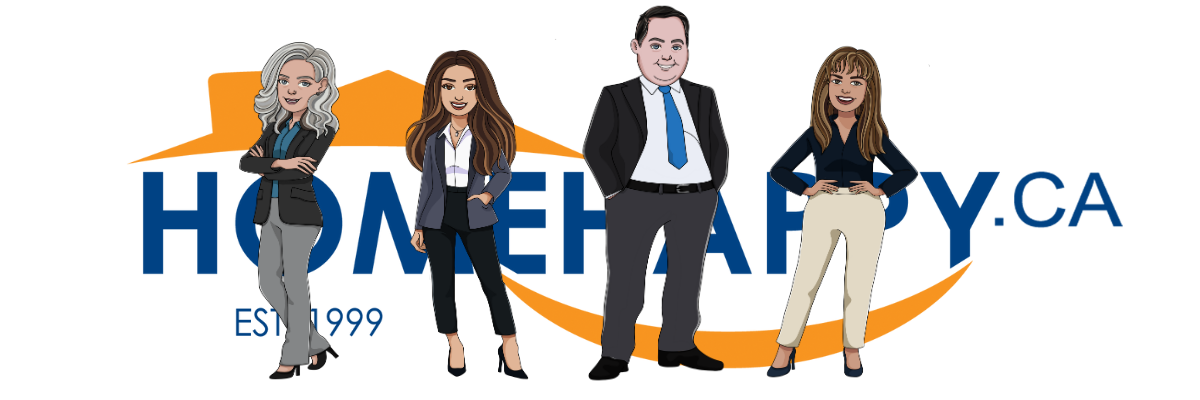Emptying the Nest: How Parents are Helping their Kids Buy Homes
For parents who have the means to help their kids buy a home in today’s pricey environment, gifting money towards a down payment is one of the best way to do it.
In February 2018, the Financial Post ran a storyabout adults still living with their parents. The figures are staggering. The number of adults still living at Parents Inn—as the Post affectionately referred to it—is up 13.3 per cent since 2001. For reference, young adults living with a spouse or partner is down 14.6 per cent.
For many boomers who, through modern healthcare and better habits, have been given a second chance at a teenager’s existence (albeit with more money and less mobility), their kids are definitely cramping their style.
“I’m 66 years old,” says Steven James (not his real name), a retired mechanic from Oakville. “I didn’t work my butt off for the last 48 years to share my bathroom with my son.”
Steven’s not alone. Boomers across the country are done with multi-generational living. And it’s gotten to the point where they’re throwing money at the problem. Of Canadian parents recently polled by CIBC ,76 per cent would give their kids a financial boost to help them move out, get married or move in with a partner.
But these days, given the average price of a starter home and the state of employment for young people(the record low since 1976 was still over 10 per cent), it’s going to take more than just a “boost.”
If you’re in a position to help your kids buy a home (and help yourself reclaim your home), you have many options. But a gift—otherwise known as a living inheritance—is among the most sensible. Here are three reasons why:
1. Gifting money makes the most sense for tax reasons.
As a baby boomer, you’re in the middle of an unprecedented wealth transfer that CIBC capital markets estimates to be in the range of $750 billion in cash, property and investment holdings. If you’re in the position to not need the money coming to you, that windfall will just amount to a big tax hit. However, if you were to turn around and gift it to your kids, it’s no longer a tax burden for you or them (unlike in the U.S., Canada has no gift tax). This Globe and Mail articledelves into the long-term tax implications of gifting money: namely less for your kids to pay in estate tax when you die.
For all intents and purposes, gifting money is a way to take it off your books, without putting it on your kids’ books.
2. Gifting money makes the most sense for legacy reasons.
Shirtsleeves to shirtsleeves in three generations.
This old proverb neatly sums up what happens when large sums of money are passed down through a family. You’ve no doubt heard of wealthy heirs who finally get their hands on the family fortune, only to squander it away within a generation.
While you still have some control over where your money goes, gifting a portion of it towards the purchase of an appreciating asset for your children is sensible.
You won’t want to gift that money in the form of straight cash—it would be too easy for your kids to spend it haphazardly.
And you won’t want to gift a piece of property over to your kids. This is seen as a gift of assets “in-kind” and the Canada Revenue Agency will treat the transaction as if you sold the property at fair market value. You’ll be hit with a tax bill for 50 per cent of the capital gains, which could be substantial on an inherited property bought decades ago.
To gift the money for a real estate purchase, you’ll sign a letter confirming that the money is a gift and isn’t required to be paid back. On the morning of signing day, you’ll transfer the funds to your kid’s account (most primary lenders need to see money in the account before they complete the mortgage transaction).
3. Gifting money makes the most sense for legal reasons.
If you want to help your kids with their mortgage and you don’t have the liquidity to hand over a sizeable amount of cash, the other option is to co-sign or guarantee their mortgage. The problem with this approach is varying degrees of liability. By co-signing or guaranteeing the loan, you are assuming responsibility if things go wrong for your child if they can’t pay their mortgage. You can potentially be putting your financial future at stake.
In other words, you’d have to have the utmost objective confidence that there’s no risk of them defaulting on their mortgage.
Gifting a portion or all of the down payment, like gifting anything else, severs the tie you have with the money. None of it belongs to you, nor does the liability that comes with how it will be used.
But the best part of gifting your kids money to buy a home…
…will come when you are invited over for the first time and can see the fruits of all your labour: a better life for your children and their family.
This article was written by Dan Yurman and was originally published here on Canadian Mortgage Trendson March 13th 2018.
Share:
Recent Posts







